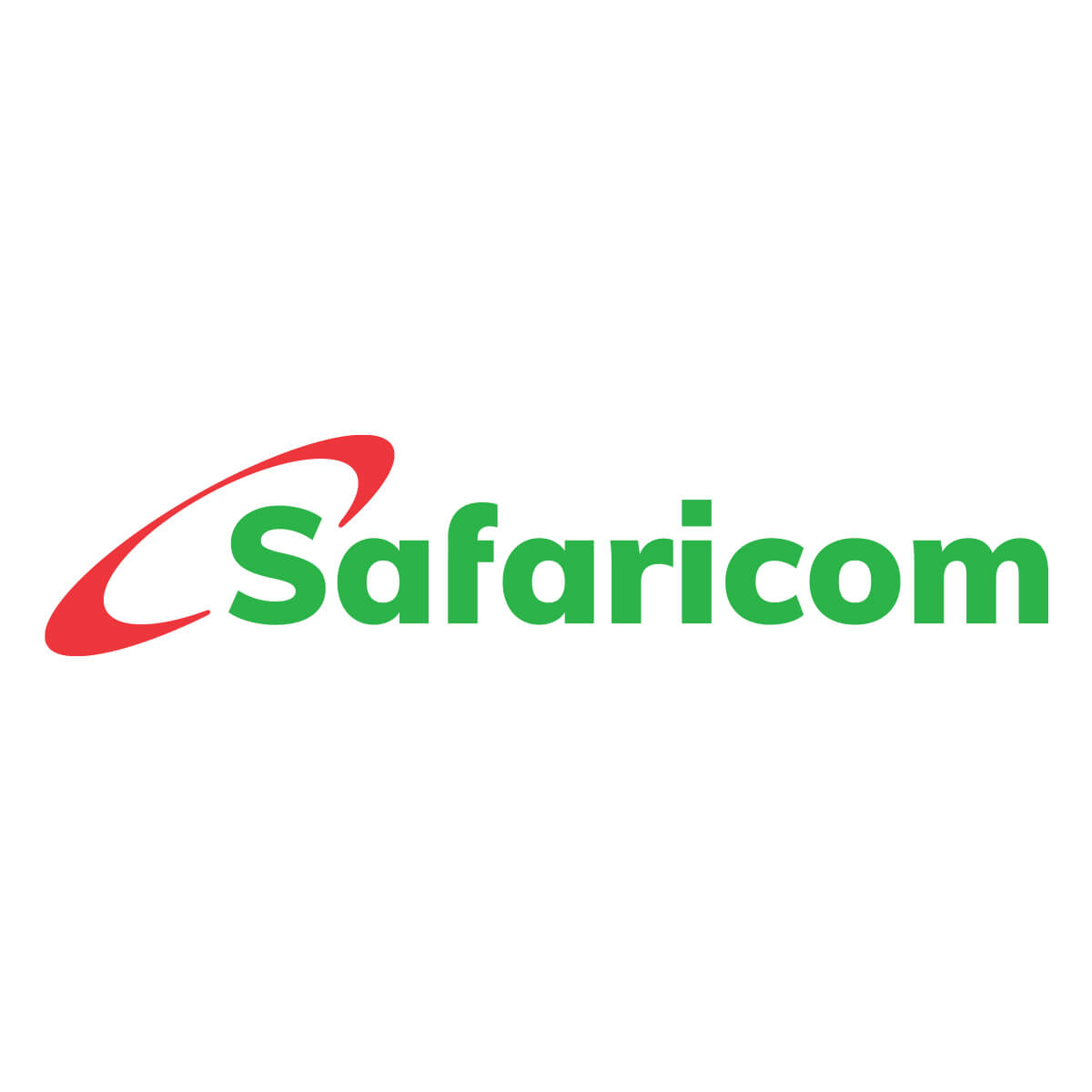Kenya’s leading telecommunications provider, Safaricom, is facing increasing pressure as Elon Musk’s Starlink rapidly expands its presence. In response, Safaricom has reportedly appealed to the Communications Authority of Kenya (CAK) to take biased regulatory action against Starlink, as it struggles to protect its dominant but mostly consumer-oppressive position in the market. The rise of Starlink’s high-speed satellite internet, offering speeds over 100 Mbps in areas underserved by traditional broadband, is causing a stir, challenging Safaricom’s monopolistic control over internet services in the country. And Safaricom is complaining even after it emerges that its pricing in such underserved areas is 100 percent higher than the offering by Starlink
Since launching in Kenya in July 2023, Starlink’s user base has grown exponentially, driven by its high-speed internet and competitive pricing. By March 2024, the number of Starlink users had risen tenfold, from 405 to over 4,800, primarily due to its ability to provide fast, reliable internet in remote areas. This growth poses a significant threat to Safaricom, which has long enjoyed market dominance.
Starlink’s competitive pricing strategy—cutting the installation fee to KSh 29,999 and offering affordable monthly plans starting at KSh 1,300—has further fueled its expansion. As a result, more Kenyans, especially those in rural and underserved regions, are opting for Starlink’s services. This increase has left Safaricom scrambling to protect its market share. On the other hand, Safaricom’s basic and lowest connection fee is KSh 9,000 and a monthly service subscription fee of 6,000.
In a bid to safeguard its monopoly, Safaricom is said to be urging the CAK to introduce regulatory measures that could limit Starlink’s operations in Kenya. The telecom giant argues that Starlink’s satellite technology poses a threat to the local internet infrastructure, claiming that it could destabilize the competitive landscape by offering superior services at lower prices.
This move reflects a broader concern that Safaricom may not be able to keep up with Starlink’s rapidly advancing technology. Safaricom has invested heavily in 5G infrastructure, deploying over 1,100 5G sites across 47 counties, but still finds itself falling behind in terms of speed and affordability compared to Starlink.
Safaricom’s Technological Weakness
Despite its dominance, Safaricom’s 5G services have been criticized for being inconsistent, with users in remote areas continuing to experience poor connectivity. This weakness is precisely where Starlink shines. Its satellite-based internet is designed to serve areas that are difficult to reach with terrestrial infrastructure, making it a game-changer in regions where Safaricom struggles to provide reliable service.
Safaricom’s plea to the CAK highlights its reliance on regulatory protections to maintain its dominant position rather than investing in further technological improvements and friendlier customer practices and policies. Critics argue that instead of seeking to block competition, Safaricom should focus on enhancing its services and reducing prices to compete more effectively with Starlink
Public Reaction and Government Involvement
The Kenyan public has reacted with mixed opinions to the situation. On social media platforms like X (formerly Twitter), some users have expressed frustration with Safaricom’s high prices and slow internet speeds, welcoming Starlink as a necessary disruptor. Others, however, caution that allowing foreign tech giants like Starlink too much freedom could undermine local providers and jobs.
The government, through the CAK, faces a delicate balancing act. While it must protect local players like Safaricom, it also has to encourage competition and innovation to ensure Kenyans have access to better, more affordable internet services. This has led to ongoing discussions on how best to regulate Starlink’s operations without stifling innovation.
The battle between Safaricom and Starlink represents a pivotal moment for Kenya’s digital future. As more Kenyans gain access to high-speed internet, the country could see a surge in digital transformation, with new opportunities for education, business, and communication emerging. However, for this to happen, the government and regulators must find a way to foster healthy competition while ensuring that local players are not unfairly disadvantaged.
Safaricom’s plea to CAK to block or limit Starlink’s operations reveals the growing tension between traditional telecom providers and new satellite-based technologies. Whether CAK will act on Safaricom’s request or allow Starlink to continue its rapid expansion remains to be seen, but one thing is clear: Kenya’s internet landscape is on the cusp of significant change.
[stock-quotes-list stockExchange=”NASE” width=”100%” symbols=”KQ;SCBK;ICDC;MSC;EABL;^NASEI;FOREX:USD/KES” allowSort=”true” includeChart=”false” logoMaxHeight=”20px” logoMaxWidth=”90px” height=”100%” culture=”English-US”]
